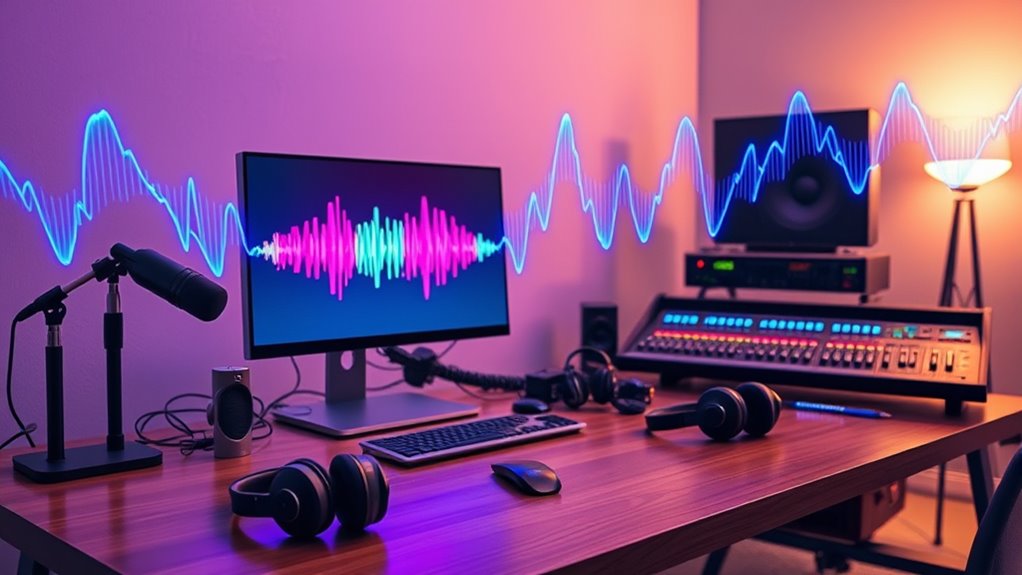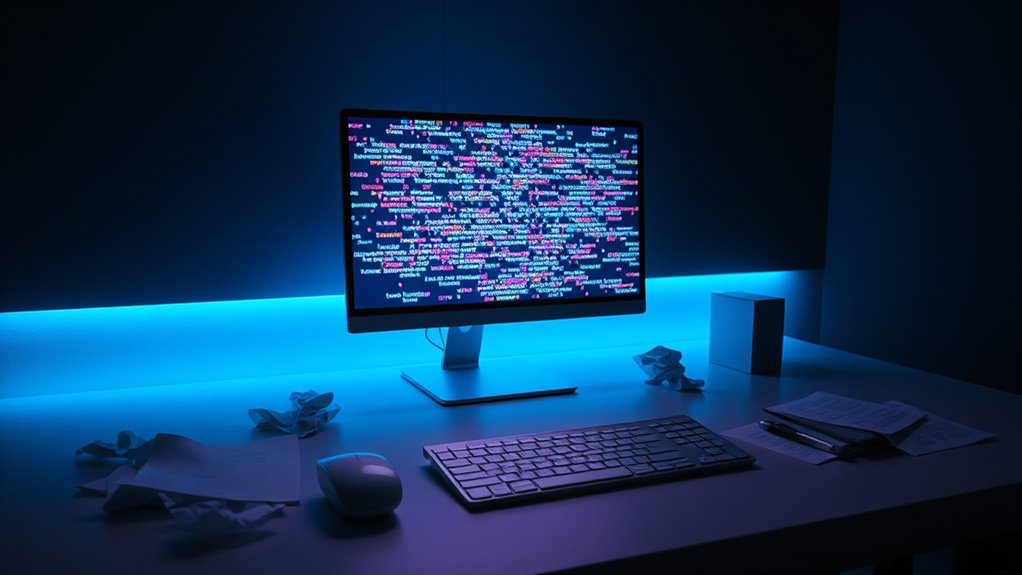Many people are diving into the world of music with a new twist—creating AI song covers. This trend’s taking off thanks to technology that makes music production super easy. Platforms like RVC, Kits AI, and Fineshare’s Singify let users swap or change vocals in songs. You don’t need fancy recording gear or deep music know-how. AI does the heavy lifting, turning complex tasks into simple clicks.
These tools come with huge vocal libraries full of different voice styles. They use deep learning to offer tons of templates for customization. Whether someone wants a pop star’s vibe or a unique tone, AI’s got options. Plus, it’s fast. Some platforms churn out a cover in just minutes. That’s way quicker than old-school music making, and it saves money too. Instead of spending hours in a studio, users get results online with little effort.
AI tools offer vast vocal libraries and speedy cover creation, transforming music production with ease and affordability compared to traditional studio methods.
AI also opens doors for creativity. It lets users play with different genres and vocal styles. Imagine a rock song turned into a jazzy tune with a totally new voice. This kind of experimentation brings fresh ideas to music. Audiences love these new spins on familiar tracks, and it creates cool ways to connect through unique concert experiences that mix digital and traditional vibes. AI tools also enable exploration of entirely new genres, pushing the boundaries of what’s possible in music creation. Additionally, platforms like Soundraw demonstrate how AI can generate royalty-free music tailored to specific styles and preferences.
On the tech side, picking the right AI model matters for good results. Many platforms keep it simple with an input-selection-generation process. They use smart algorithms to match waveforms, making sure the sound’s pitch and shifts are smooth. Audio quality keeps getting better as tech advances, and AI adapts to all sorts of musical styles and voices. Fineshare Singify, for instance, offers over 1000 singing voices for users to transform their favorite songs effortlessly.
There’s a growing buzz around AI covers in the market. They’re becoming popular because they’re easy to make and super efficient. More and more people want these covers across all kinds of genres. While many platforms focus on non-commercial use, the interest keeps climbing.
Still, copyright laws pop up as a concern. Using original songs or vocals can lead to legal issues, so understanding the rules is key. Technologies like voiceprint desensitization help lower risks, keeping the focus on creativity.









